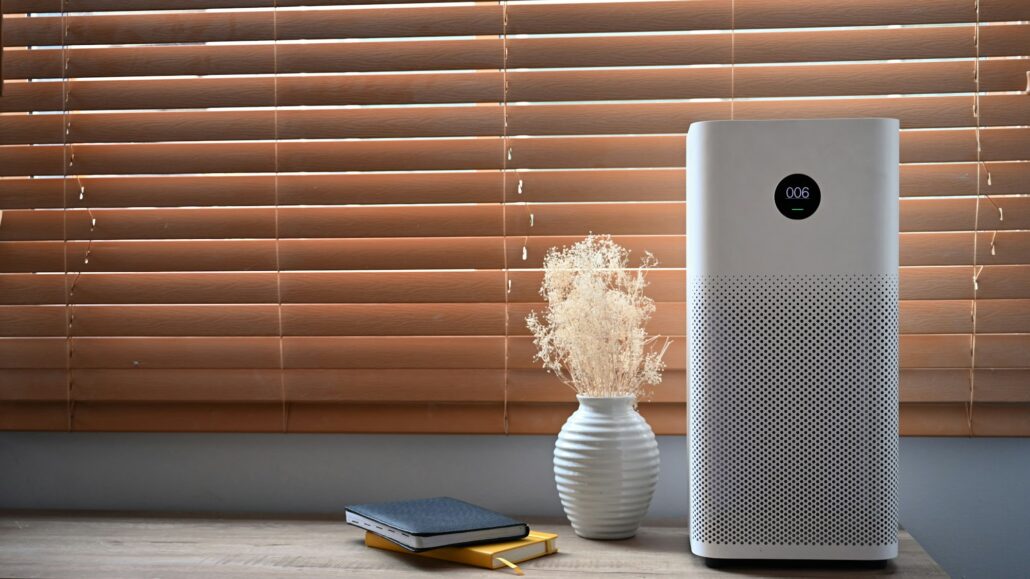Keeping your medical office clean is a top priority, and the air everyone is breathing should not be overlooked when creating a plan for a clean office environment. Private medical practices are busy places with patients, vendors, and staff coming and going. Allergens can cling to the clothes of visitors, and germs can become airborne from coughing, talking, sneezing, and just breathing.
Fortunately, if you are seeking cleaner air, prices for central air filtration systems and individual filtering units have come down and are in reach of a private practice. A commercial-grade air filtration system will make the air cleaner and, as a bonus, it will likely leave your office smelling better. Let’s look at the options available to make air cleaner and how an air filtration system can integrate into the overall cleanliness of a medical practice.

Types of Air Purification Systems
HEPA Air Purifiers
The most common way to purify air is to filter it. All HVAC systems have a basic air filtration system but a medical office requires more precise filtering. Filtration systems that can capture particles .125 micron are most effective. HEPA filters can be portable or part of your central air system. Portable HEPA units can be easily set up for individual rooms, are easy to install, and work well in waiting areas. A HEPA filtration system can be integrated into the HVAC system to provide quality air throughout the entire building as your AC and furnace run. Built-in systems are quiet, visually appealing, and don’t take up valuable floor space.
UV Light Systems
UV systems focus on destroying germs. UV lamps destroy the DNA of bacteria and viruses. If you really want to eliminate pathogens, then UV is a strong option. A portable UV unit can be paired with a central HEPA filtration system for good results. This centralized HEPA rids the air of dust, allergens and germs, while the UV system is targeting remaining pathogens. Ideally, the UV system can be placed in areas where there are many people, like a waiting room.
Ionic Purifiers
An ionic air purifier releases negative ions into your office’s air. These ions are attracted to particles with a positive charge and the negative ions attach to the positive charges. This gives the particles an electrical charge and they eventually fall from the air and can be cleaned up. Studies are still being done to determine if ionizers can kill germs. Some studies say they can kill viruses while others claim they can only inactivate viruses. Many people report that ionizers make the air smell fresh and clean. However, ionizers emit ozone and ozone can cause short-term breathing issues in some people.
Part of an Overall Approach to Cleanliness
If you go forward with an air purification system, make sure you educate your staff and patients about your new changes. Your patients will feel more at ease and comfortable at your office knowing the air they are breathing is clean and filtered.
Conclusion
There are many good air purifying systems available for physician offices. Because of advancing technology, getting affordable air cleaning devices into your office has never been easier. Whether you use HEPA, UV light, ionization, or a combination, knowing the air in your office is clean and fresh is comforting and provides peace of mind.





